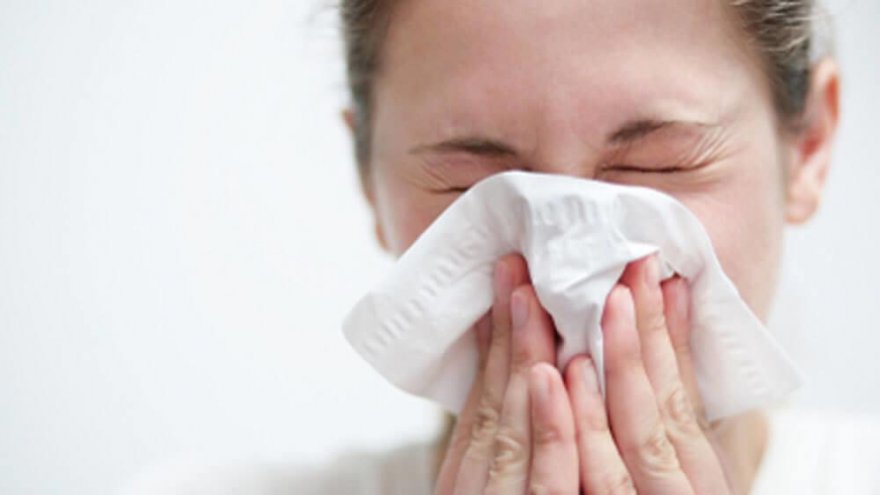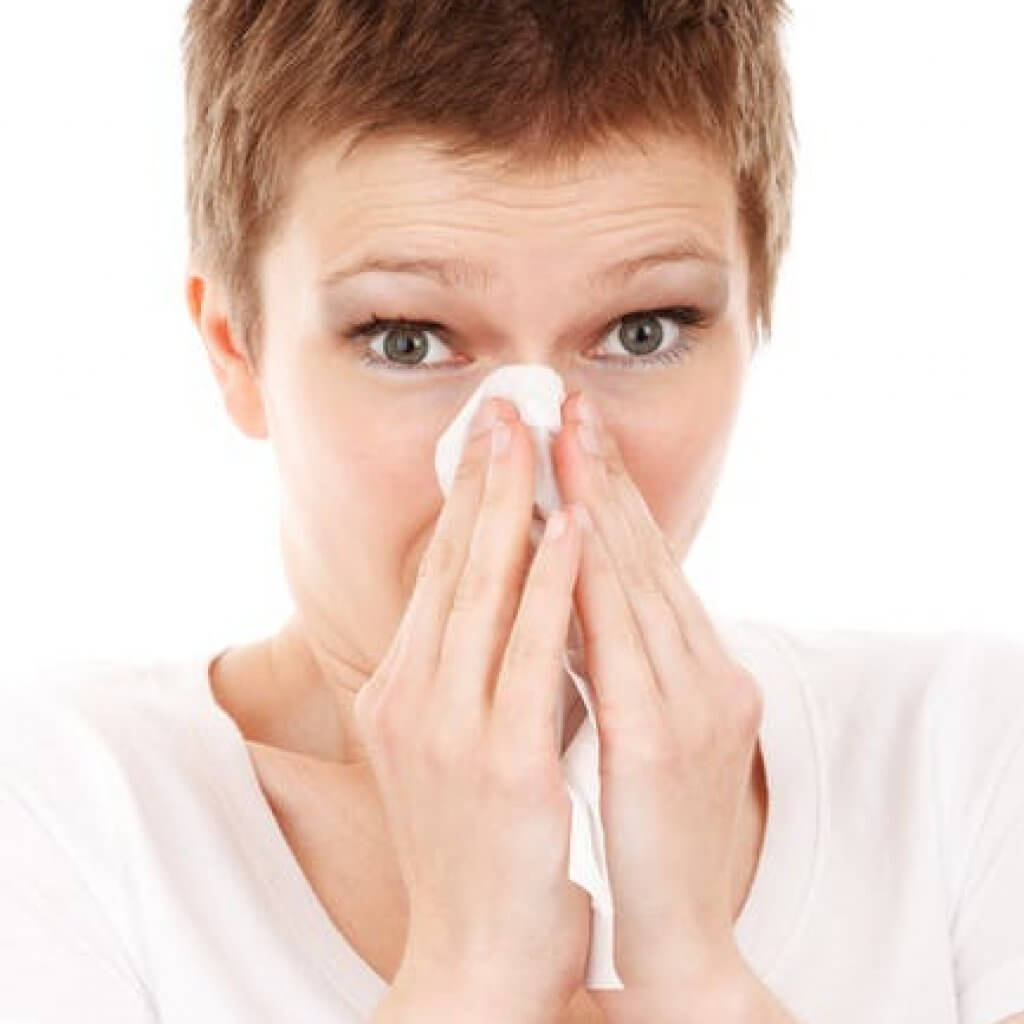What You Need To Know About Running And Cold Medicine

Unfortunately, cold and flu season is quickly approaching. In sort of a cruel twist, though, the cooler weather brought on this time of year is also when runners do most of their running. So, when you start experiencing symptoms of a virus, you’re left with some difficult choices. First, you could simply not run. Or you could take some medicine and work through it.

The issue over when you’re too sick to run, though, is a much larger topic for another day. If you do decide to just throw back some medicine and head out, what should you know? What are the different types of medication out there and how might they impact your run?
The Groups
Viruses can cause a ton of different symptoms. As such, lots of medications are often used, falling into various categories. It’s important to realize that cold and flu medicine largely exists to treat the symptoms. So, you are likely to encounter several types of medication in one product. Here are the basic types of medication that you’re most likely to reach for when a cold hits.
- Decongestants – As their name suggests, decongestants hope to reduce congestion by controlling inflammation and mucous production in your airways. These substances can be purchased on their own but are typically bundled into cough medicines or products labelled as “cold and flu” formulas. Many decongestants – regardless of their brand name – use the generic ingredient called pseudoephedrine which can increase your blood pressure and cause drowsiness. That same mental fog is also associated with dextromethorphine, another common decongestant.
- Antihistamines – Although they aren’t a “cold and flu” treatment and are instead intended for allergies, antihistamines are frequently used when people are hit by a virus. Generally, this is simply a case of mistaken identity since the symptoms of allergies and viruses can sometimes mimic each other. Typically, antihistamines are classified as either sedating or non-sedating. That’s key.

- Pain killers – Along with the typical congestion-related symptoms, viruses may also cause various aches and pains. The natural response, then, would be to take a pain reliever. Most commonly, ibuprofen or acetaminophen are used for this purpose but there are tons of different pain killers out there – each of which brings it’s own side effects. For runners, though, the important thing to know is that pain relievers can increase blood pressure as well as decrease your body’s ability to clot.
- Sleep aids – The symptoms of a virus – including aches and congestion – can make it difficult for you to get a good night’s sleep. In effort to help with this, many cold and flu medications include some form of sleep aid and are designed to be taken shortly before bed. Logically, then, these treatments can cause drowsiness and mental fog.
All that having been said, what’s the actual application here? How can this knowledge help you make wise decisions when it comes to running and cold medicine?
Dangerous Fog
As you may have noticed, many cold medicines – regardless of which category they fall under – can cause drowsiness. This is an issue for a few reasons. Of course, this low energy and lack of mental clarity can have a pretty direct negative impact on your performance. But, you may also be at a higher risk of dealing with some form of injury if your reaction time is affected.
It’s also important to point out that athletes experiencing this type of fog will sometimes take caffeine or another stimulant to try to counteract these effects. That’s not really a great idea. This interaction could cause a number of side effects and is likely sometime you don’t want to experiment with.
If you are taking a medication for your cold that can cause drowsiness, then, it’s probably better not to run while feeling that particular effect.
Cardiovascular Concerns
As mentioned, some common cold medications can cause an increase in blood pressure and even an irregular heart beat. This is particularly dangerous if you already have a cardiovascular condition. Even if you have an otherwise healthy heart, though, this could be an unnecessary risk.
Remember, exercise increases your blood pressure and heart rate on it’s own. Combining that with a medication that has similar effects, then, could put undo stress on your heart.
Masked Pain
While it’s typically viewed in a very negative light, the truth is that pain is a necessary physical signal – a sign that something is wrong. Rather than ignoring pain, then, athletes need to be able to interpret the message and make any needed changes.
A pain reliever interrupts this communication and could make it difficult for you to perceive exercise-related injuries like sprains.

Making The Call
What, then, should you do if you have a cold? That is a personal decision that you’ll have to make based on your individual situation and symptoms. For example, a non-drowsy decongestant could give you the relief you need to get through your run without any problems. Just make sure to read the ingredients and potential side effects careful before simply using any old medicine you can get your hands on.
Of course, talk to your doctor if you have any questions regarding your individual situation.
Latest Articles
 Is Running on a Treadmill Easier Than Running Outside?Runners have their own preferences, whether it is treadmill running, running outside on the road, or exploring trails. So...
Is Running on a Treadmill Easier Than Running Outside?Runners have their own preferences, whether it is treadmill running, running outside on the road, or exploring trails. So... Is It OK to Use Trail Running Shoes on the Road?While trail running shoes can be used on roads, especially in situations where a runner encounters mixed terrains or pref...
Is It OK to Use Trail Running Shoes on the Road?While trail running shoes can be used on roads, especially in situations where a runner encounters mixed terrains or pref... How to Fix Sore Quads After Running?Rest, ice, gentle stretching, and over-the-counter pain relievers can help soothe sore quads after running. Also, ensure ...
How to Fix Sore Quads After Running?Rest, ice, gentle stretching, and over-the-counter pain relievers can help soothe sore quads after running. Also, ensure ... 10 Fruits With The Most Electrolytes to Replace Sports DrinksThese fruits are high in electrolytes such as potassium, magnesium, and calcium, essential for hydration, muscle function...
10 Fruits With The Most Electrolytes to Replace Sports DrinksThese fruits are high in electrolytes such as potassium, magnesium, and calcium, essential for hydration, muscle function...

